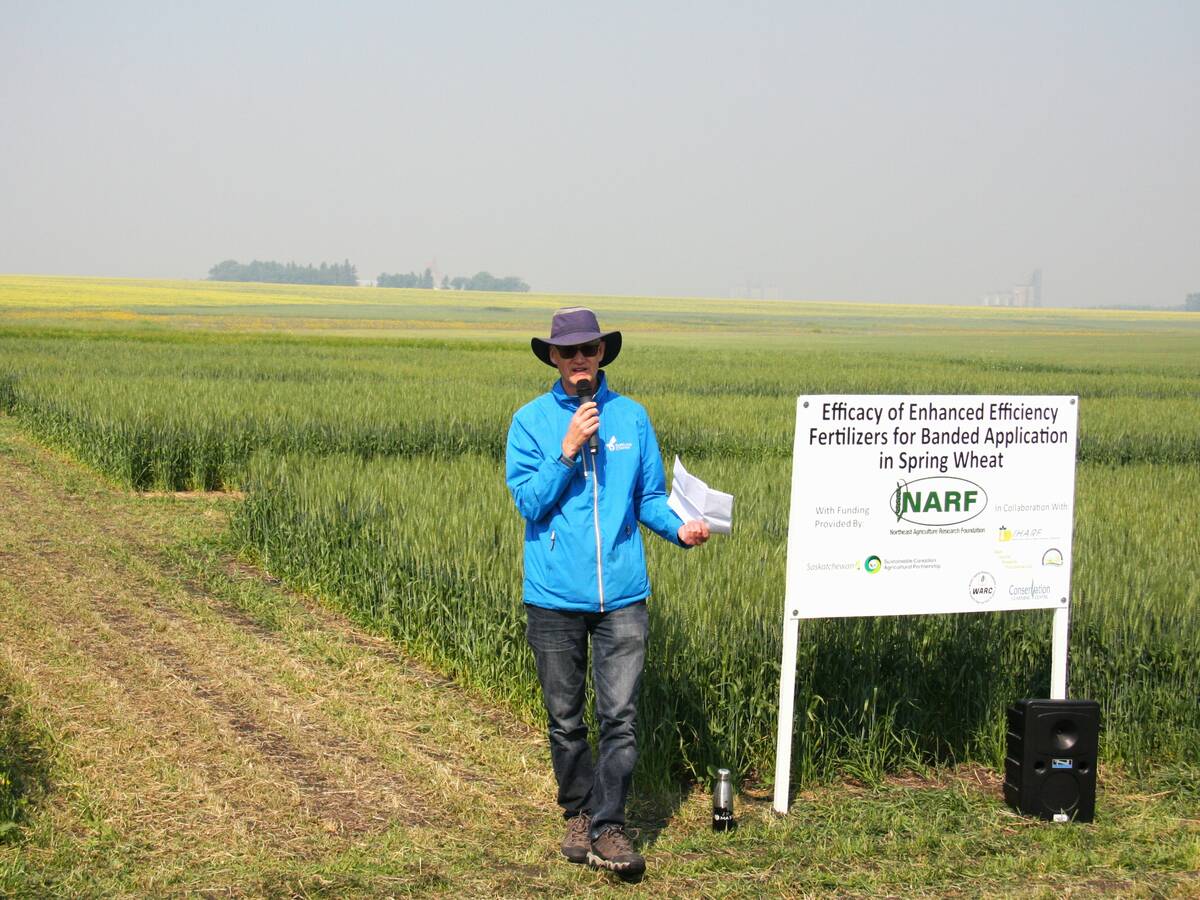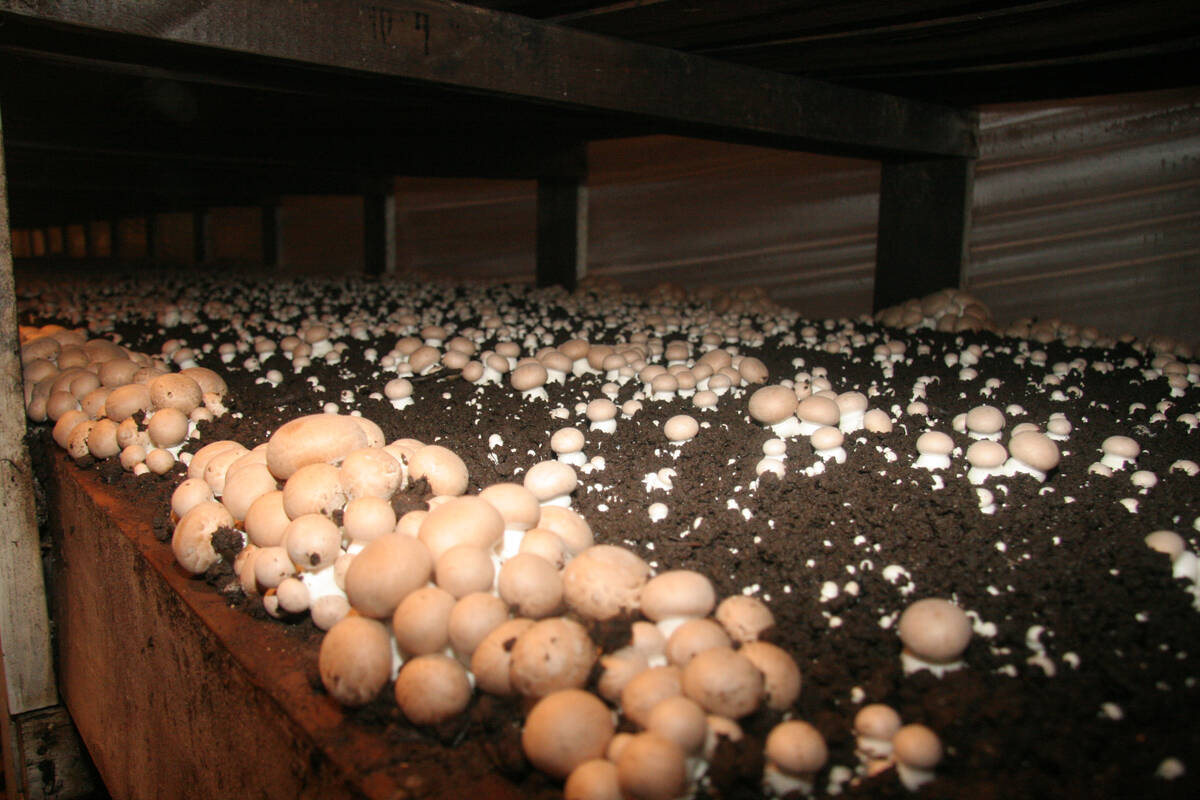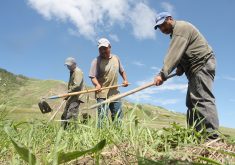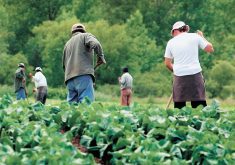WINNIPEG — In 2024, the value of mushrooms sold from Canadian farms was about $750 million. That’s an increase of 20 per cent since 2020, when farms sold $620 million worth of mushrooms.
The amount of mushrooms produced at Canadian farms has also increased, to 164,000 tons from 146,000, a 12 per cent jump.
Those numbers, from a June 25 Statistics Canada report, indicate the mushroom industry is growing.
Read Also

Fertilizer method’s link to emissions studied
A researcher says others studying greenhouse gas emissions aren’t considering how the loss of nitrogen into the atmosphere correlates with fertilizer application or if there is an impact to yield.
That’s positive, but many mushroom growers are struggling with issues around labour, which could hamper future growth.
Mushrooms Canada, which represents the country’s approximately 200 mushroom farms, sent a letter to the federal ministers of immigration, agriculture and jobs – Lena Diab, Heath MacDonald and Patty Hajdu – in early June.
It asked for a face to face meeting to discuss problems with the Temporary Foreign Worker Program and federal immigration policies that are making it harder to recruit foreign workers and have those workers become permanent residents.
“We ask that the Government of Canada urgently consider bringing back our farm and food workers’ federal immigration program and set up a process to really prioritize agriculture in the processing of the work permits,” the letter says.
“This will make sure our farms can fill job vacancies when Canadians do not apply.”
The letter asks the federal government to restore the Agri-Food Immigration Pilot.
The program, which started in 2020, provided a pathway for temporary foreign workers employed at greenhouses, mushroom farms, livestock farms, meat-packing plants and retail butcher shops to become permanent Canadian residents.
“We believe there’s value in delivering workers to businesses and (rural communities),” former immigration minister Sean Fraser said in 2023.
“We know we’re not going to be able to meet the needs … with the domestic labour force.”
The federal government ended the pilot program May 14, and Mushrooms Canada wants the government to reconsider its decision.
“We do not think 2,750 immigration spots is too much for our sector’s workers, who are helping to produce the food we eat in Canada,” the letter says.
“We request that another pilot immediately be initiated with the same criteria or a new permanent program with the same criteria providing at least the same 2,750 immigration spots annually for agriculture and agri-food.”
Mushroom farms across Canada employ about 5,300 full time workers and 795 part-time employees. Most of the farms are in Ontario and British Columbia.


















